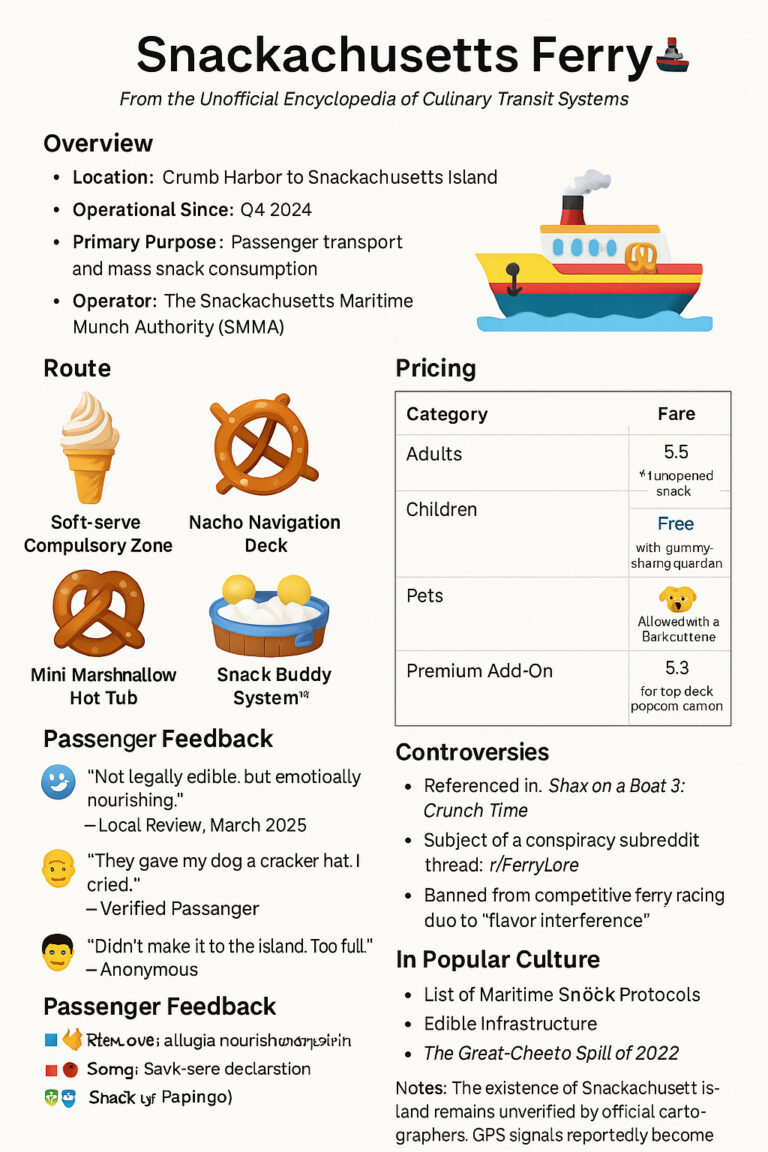Entering an information technology program is one of the most interesting career paths you can take. Indeed, the IT field is always in need of more software developers, data managers, project managers, and more to fill skill and knowledge gaps. There are plenty of opportunities for career advancement for people with IT skills, and their job security is enviable. However, before becoming an IT professional, you should speak the language.
If you’ve ever heard two computer scientists talk about their work, it might leave you as clueless about what they do as you were before hearing their conversation. That’s because there are a lot of phrases within the IT field that only make sense to IT professionals. In this brief article, we’ll share with you a brief guide to IT terminology. With this guide, you’ll be talking like a techie in no time.
Information Technology (IT)

Before you become an IT leader, it’s critical to understand the meaning of information technology. IT is the study, creation, and use of technology for the collection, storage, and security of data.
As we mentioned before, IT jobs are quickly expanding in the U.S. Getting an information technology degree is the best career path to follow if you have the technical expertise. An IT degree could prepare you for anything, from handling analytics for government agencies to building business applications for corporations.
Earning a bachelor’s degree is great, but a Master in Information Technology degree will open a wider range of information technology jobs. According to the Bureau of Labor Statistics (BLS), the average salary for someone with a master’s degree in information technology is $12,000 higher than for someone with a bachelor’s degree in the same field.
Coding
Coding is the most important skill for software developers. Coding is the practice of using a specific computer language for performing computer functions and writing scripts known as code for applications and information systems.

It’s important to learn the most commonly used languages in computer science, including Python and JavaScript. Becoming fluent in various programming languages will mitigate invalid syntax when coding new business applications. The more languages you know, the more valuable you’ll be on the job market.
Data Analytics
Big data has become one of the biggest buzzwords in recent years. Big data is simple in that it merely means a lot of data. However, within the IT field, it more commonly refers to using data analytics to get actionable insights into business processes.
Data analytics includes several different types of analytics. Some of the various disciplines of analytics are predictive analytics, prescriptive analytics, business analytics, and supply chain analytics. Companies use different types of data analytics to fine-tune their best practices, identify potential customers, and even predict future events in consumer markets.
An IT degree with a focus on data analytics could help you to become an information research scientist or data manager, and your analytical skills could even land you an IT job with a professional sports team. As you can see, opportunities abound for data analysts.
Information Security

Information security is one of the most vital roles in the IT industry. IT security is the practice of creating and using software and hardware to manage and secure networks and sensitive information. There is a bevy of opportunities in the IT sector for cybersecurity specialists.
The world of information technology is vast and evergrowing, as is the terminology. Part of the job for IT professionals is keeping up with the latest trends and buzzwords in the industry. Indeed, earning a bachelor’s degree or master’s degree in computer science will open a world of opportunities for you, and it will significantly expand your tech jargon vocabulary.






